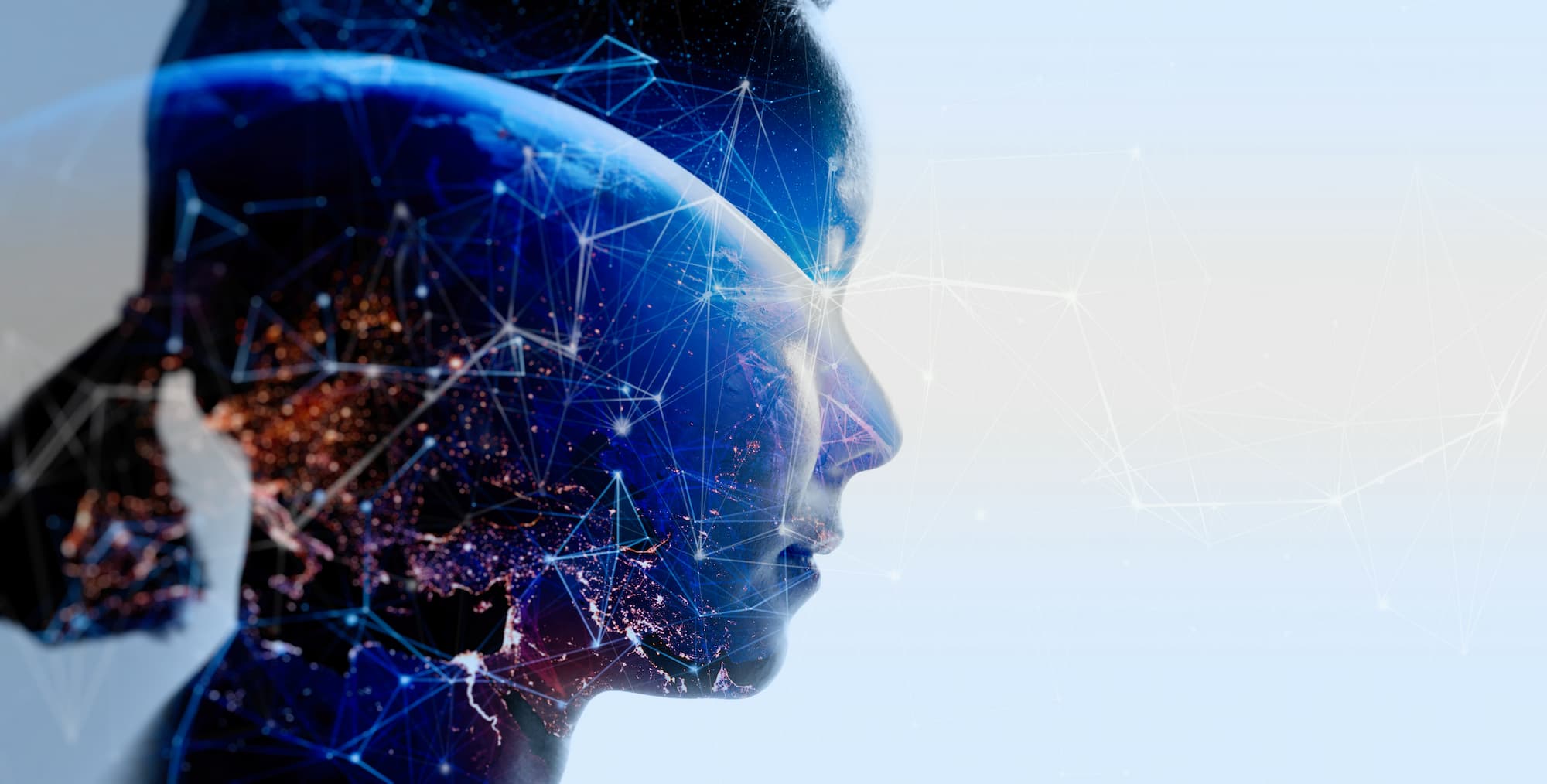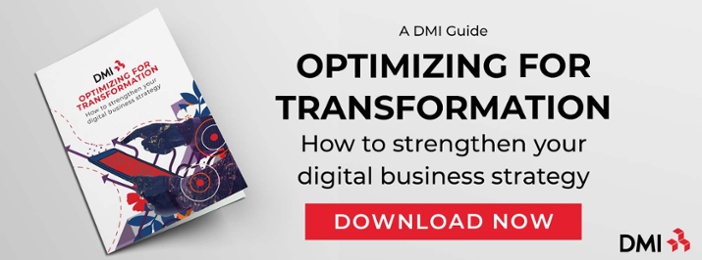
Connected Data: The Modern-Day Gold Rush
In 1848, California and the entire United States were changed forever following the discovery of a global natural currency: gold! People from all over the country made their way to modern day Coloma, CA to get their share of the precious metal. The influx of gold reinvigorated the California economy and propelled the nation into prosperity.
Although not as difficult to extract, data is arguably just as precious of a commodity in today’s technologically evolving world. The abundance of data is a by-product of Internet of Things (IoT) technology being utilized by every sector and industry. According to McKinsey, car data monetization alone will produce 450-750 billion USD in revenue by 2030.
Connected Data Dynamics
The connected ecosystem of the future will enable vast data monetization opportunities for all players, if leveraged efficiently. The automotive industry, for example, is starting to realize the value of data as new revenue streams in the industry’s most disruptive transformation.
Insurance companies were some of the first in line to purchase vehicle data to best predict and analyze future costs to the end-customer while remaining profitable. The insurance sector has also pivoted from being dependent on data from outside sources to retrieving it themselves, via User Base Insurance (UBI).
The ability to own and control the data point provides an added revenue stream as well as access to information previously not realized. Insurance and Mobility Solutions (IMS) estimates UBI will grow to 140 million subscribers globally by 2023. The firm also projects the sector will reach 700 million USD in revenue through car data monetization during the same period.
As early adopters, the industry is applying ‘insurtech’— a portmanteau of ‘insurance’ and ‘technology’ — and utilizing purchased and internal data on AI and cloud platforms to lower cost and create a more personalized, data-driven customer experience.
Similar interest in vehicle and user data has formed in retail and after-sales industries. Imagine a tire company messaging you from your vehicle, reminding you that your tires need replacing and providing a 20% discount on your next purchase. Or a Starbucks coupon popping up in your vehicle as you approach your favorite café and the vehicle being able to pay for your peppermint latte for you.
Data and partnerships in monetized harmony create the ultimate user experience.
Data Drives Autonomous
With the emergence of autonomous vehicles (also known as ADAS or advanced driver-assistance systems), original equipment manufacturers (OEMs) and suppliers must capture data from existing non-autonomous connected vehicles to develop and produce fully autonomous vehicles. Data captured from these vehicles lays the groundwork for engineers and developers to create essential algorithms the system can utilize in everyday commutes and high-risk aversion maneuvers.
This constant availability of data combined with advancements in AI, machine learning and cloud computing will expedite the availability of fully autonomous vehicles. A strong collaborative approach between OEMs, suppliers, cities and other ecosystem participants will be needed to expedite and enable the futuristic smart world we envision today.
Plenty of new monetization opportunities will arise the more connected the ecosystem becomes, including vehicles being able to execute data transactions with other vehicles, infrastructure or other entities in the ecosystem and execute the associated payment themselves as well using tokens in the blockchain.
As companies compete to provide customers with unified customer experiences while defining their path to their software mobility transformation, data has garnered a new powerful reputation as a product that can be monetized as well as an asset to meeting future buyers’ expectations.
Trust & Privacy
It is vital that innovation and development of ADAS and other technologies be evident to the customer as a beneficiary of the utilization of their data to provide a sense of comfort and trust.
Whether the company collects and sells data or just purchases data, the customer is the most crucial piece of the ecosystem. Putting an emphasis on customer trust must be the focus of the data monetization movement across industries, otherwise lacking consumer trust will impact the user experience and brand.
As demonstrated by Apple’s marketing of iOS 14.5 privacy capabilities, there is a growing concern around who controls consumer data. Governance is imperative to ensure customers feel safer and confident that their privacy will be at the forefront of the growing industry. Government intervention is also required to introduce laws and legislation that combat the growing consumer hesitation and protect the rights of data providers.
Gold today is still valuable, and so will data for years to come. Enterprises need to make sure they have a strong data monetization strategy and a data-centric approach as part of their software mobility transformation focus. Much like with the gold rush in 1848, it is vital to be early, so you are not left with fool’s gold.
Contact DMI to learn how we can help you reap the benefits of connected data while preserving consumer trust.